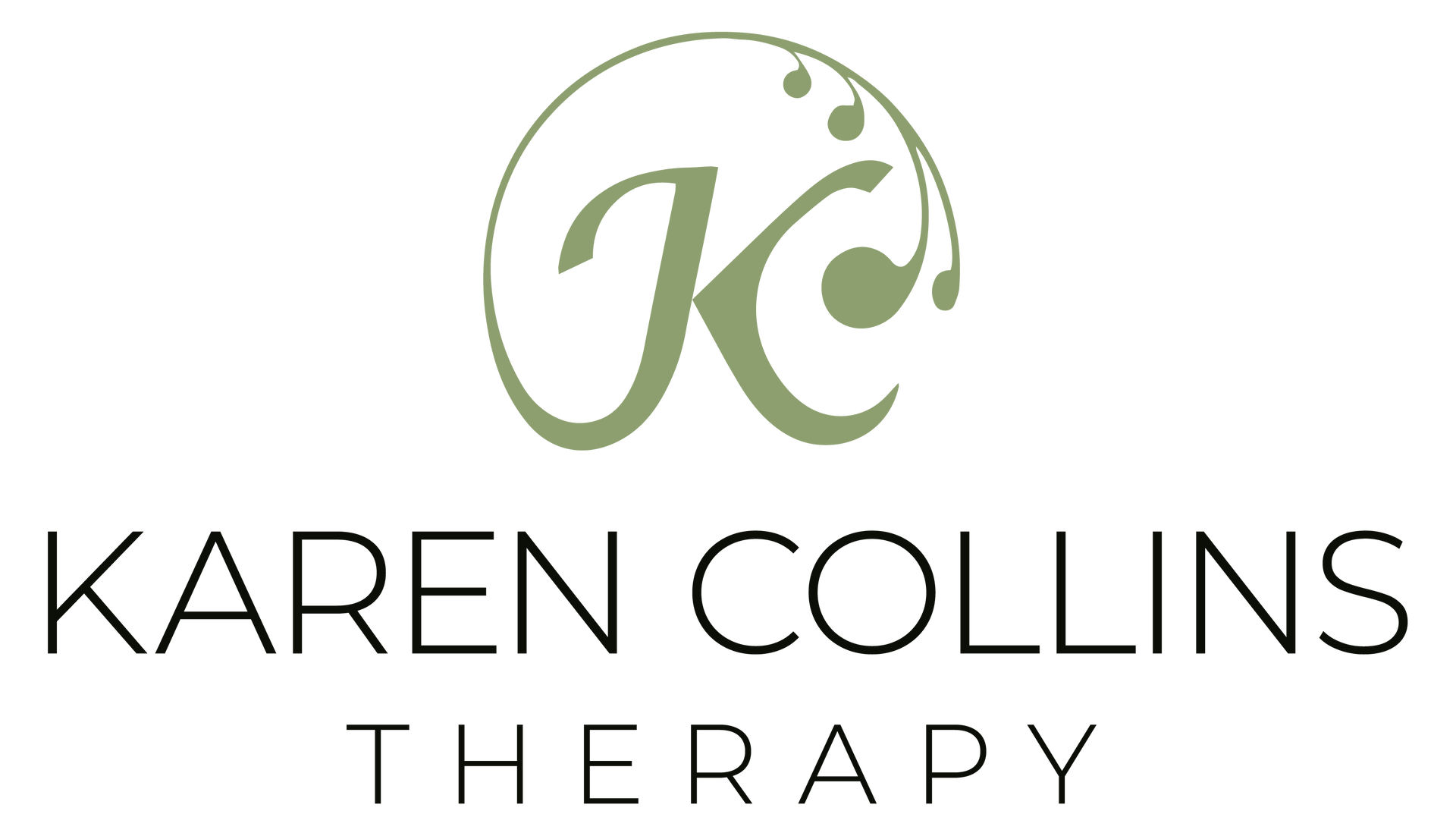The Symptoms of Anxiety: Recognizing the Signs
Anxiety is a natural human response to stress or a sense of danger, but for many, it can become overwhelming and disruptive to daily life.
Understanding anxiety symptoms is the first step toward recognizing when anxiety has transitioned from an occasional concern to a persistent issue that may require intervention or support. Here’s a look at the key symptoms of anxiety, why they occur, and ways to address them.
Physical Symptoms of Anxiety
One of the reasons anxiety can be so challenging to manage is that it doesn’t just stay in the mind; it often manifests physically as well. Here are some common physical symptoms:
- Increased Heart Rate: When anxious, the body’s fight-or-flight response kicks in, leading to a rapid heartbeat. This can feel like heart palpitations or even mimic symptoms of a heart attack in severe cases.
- Muscle Tension: Many people carry anxiety in their bodies, often resulting in clenched jaws, tight shoulders, or tension headaches. This muscle tightness is the body’s response to perceived threats, but chronic anxiety can make this response nearly constant.
- Digestive Issues: Anxiety can disrupt digestion, leading to symptoms like nausea, cramps, or irritable bowel syndrome (IBS). It’s common to feel “butterflies” in your stomach when nervous, but with anxiety, these feelings can persist or worsen.
- Shortness of Breath: Anxiety can make breathing feel labored or difficult, which can sometimes lead to hyperventilation. It’s often accompanied by a feeling of “chest tightness” that can heighten the sensation of distress.
- Sweating and Trembling: Sweating and a shaky feeling in the body are common when anxious. These symptoms can feel out of control, which only amplifies the sense of panic.
Cognitive Symptoms of Anxiety
Anxiety doesn’t just affect the body, it also impacts the way we think and perceive the world around us:
- Excessive Worry: One of the hallmark signs of anxiety is constant worry that is often disproportionate to the situation. This worry can center around a particular event, health, social situations, or be more generalized.
- Overthinking: Individuals with anxiety may find themselves overanalyzing every aspect of a situation, even after it’s passed. This can create a loop of “what-if” scenarios that are difficult to escape.
- Difficulty Concentrating: Anxiety can make it hard to focus on tasks, leading to decreased productivity. This often happens because the mind is preoccupied with anxious thoughts, making it challenging to stay present.
- Catastrophic Thinking: This is when the mind jumps to the worst-case scenario, even in benign situations. For example, a small mistake at work may lead to thoughts of losing the job or being publicly embarrassed.
- Memory Problems: The constant strain of anxiety can sometimes lead to forgetfulness or feeling like you’re in a “mental fog.” This can make daily tasks and routines feel more daunting.
Emotional Symptoms of Anxiety
Anxiety often brings a host of emotional responses that can make life feel overwhelming:
- Irritability: Chronic anxiety can make even small inconveniences feel insurmountable, leading to heightened frustration or anger.
- Sense of Dread: People with anxiety frequently experience an unshakeable feeling of impending doom, even if there’s no apparent reason.
- Restlessness: Anxiety can create a constant urge to move or be busy. This restlessness can interfere with relaxation and the ability to enjoy downtime.
- Feeling Detached: For some, anxiety can create a feeling of being disconnected from themselves or their surroundings. This can be disorienting and lead to increased feelings of isolation.
- Overwhelming Fear: In some cases, individuals may experience intense and irrational fears or phobias about certain situations, objects, or people.
When Do Anxiety Symptoms Become a Problem?
While occasional anxiety is a part of life, chronic or severe anxiety symptoms can interfere with well-being.
Consider seeking support if anxiety:
- Lasts for more than a few weeks.
- Interferes with daily activities or responsibilities.
- Causes avoidance of certain situations or people.
- Leads to physical health problems (e.g., high blood pressure, digestive issues).
- Creates intense emotional distress or impacts relationships.
Coping Strategies
Addressing anxiety doesn’t have to be overwhelming. Here are some coping strategies to manage symptoms:
- Practice Deep Breathing: Techniques like diaphragmatic breathing can help calm the body’s stress response, making it easier to manage physical symptoms.
- Limit Caffeine and Sugar: Both caffeine and sugar can intensify anxiety symptoms by creating spikes and crashes in energy.
- Exercise Regularly: Physical activity releases endorphins and helps reduce tension, creating a natural buffer against stress.
- Mindfulness and Meditation: Practicing mindfulness allows people to ground themselves in the present, which can reduce excessive worry and catastrophic thinking.
- Seek Professional Support: Therapy, especially Cognitive Behavioral Therapy (CBT), can provide techniques to identify and reframe anxious thought patterns. Medication may also be an option for those with severe symptoms.
Final Thoughts
Living with anxiety can be challenging, but understanding its symptoms is the first step toward managing and alleviating its impact.
By recognizing both the physical and psychological signs of anxiety, you empower yourself to address it effectively and take steps toward a more balanced, peaceful life. Remember, seeking support is a sign of strength, and with the right resources, anxiety can become a manageable part of life rather than an overwhelming force.
Anxiety is a journey, one that many people share. With a compassionate approach to your own experiences and a willingness to explore effective coping strategies, you can learn to navigate anxiety with resilience and self-care.
If anxiety is impacting your quality of life, you don’t have to navigate it alone. Together, we can work towards building tools for calm, resilience, and greater peace of mind.
Take the first step on your journey to relief and self-discovery. Reach out today and start finding your path to a balanced, fulfilling life.












